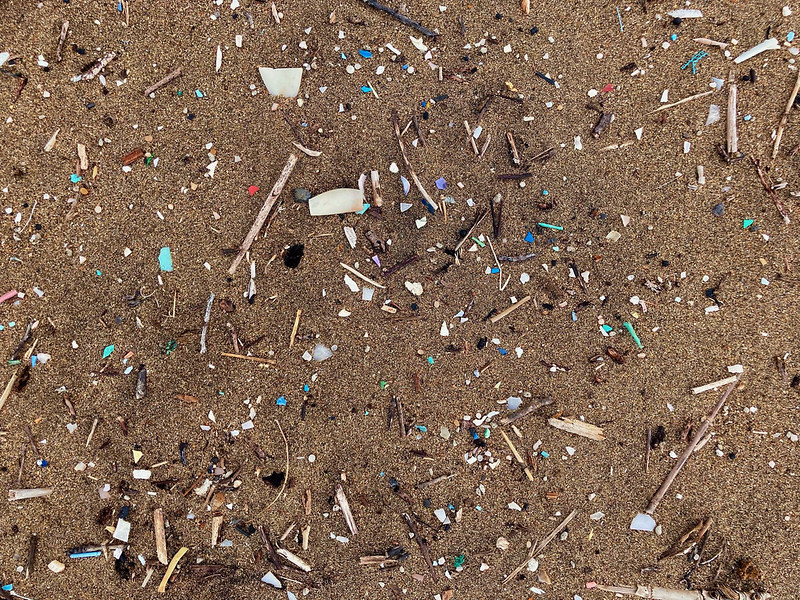Taiwan's war on plastics
Taipei's Environmental Protection Agency becomes a ministry. The challenge of pollution: concern over the effects of microplastics on the seas and wildlife. New measures to promote recycling of packaging in electronics.
Taipei (AsiaNews / Agencies) - Taiwan inaugurated its Ministry for the Environment yesterday: what was already the Environmental Protection Administration (EPA) is now a full ministerial body.
The change of status is linked to the government restructuring campaign launched last year which in May 2023 then saw the approval, in the third legislative reading, of the establishment of a new ministry to adequately respond to the challenges of climate change and protection environmental.
Now it will enjoy a larger budget, an increase in its personnel, four times higher than the original one, and an extension of its powers, which will ensure greater efficiency in view of the objectives of the island.
Today the focus in Taiwan is on future strategies to achieve the ambitious environmental goals on President Tsai's political agenda who announced a goal of zero emissions by 2050.
Among the priorities is the battle against plastic pollution: on Sunday 20 August, in fact, a coalition made up of representatives of various environmental groups invited the EPA to define a roadmap for reducing its use and to provide reassurances on the fact that will honor its commitment to ban the use of single-use plastics.
The request refers to the promise made by Taiwan in 2018 to achieve a total ban on the use of single-use plastics, such as bags, straws or glasses, by 2030; to date, however, the agency has not proposed measures ambitious enough to achieve this goal.
Taiwan has a long history in the fight against plastic, which began in 1997 with the approval of the "4-in-1 recycling program", an action plan containing measures for recycling containers, limits on the use of bags and cutlery .
In 2002, the island had also become one of the first administrations to implement measures to impose limits and bans on the use of free plastic bags. Despite the efforts, however, plastic remains one of the biggest pollution problems for Taiwan to face.
According to the EPA, in fact, every person in Taiwan still uses 700 plastic bags a year and the effects are particularly visible both in the coastal area of the island and among its fauna.
A survey by SOW estimates that around 7.9 million objects weighing around 1.1 million kilograms have ended up on its coasts over time, 91% of which are made of plastic. This pollution has also had dramatic consequences on protected species in the country.
In fact, in 2022 Greenpeace declared that traces of microplastics were found in the feces of the Formosan black bear, the Formosan sambar deer, the Eurasian Kinmen otter, the yellow-throated marten and the leopard cat, all five species at high risk of extinction.
In an attempt to address the waste problem and encourage businesses responsible for manufacturing electronic components and products to incorporate recycling and reuse of materials into the design of their products, in July the EPA began providing a 15% discount on recycling.
Under this policy businesses whose electronic and electrical products contain 25% or more recycled plastics will benefit from the discounted green fee on disposal fees.
Although Taiwan has greatly improved its waste recycling rate since 1997, recycling 73% of all plastics, waste reduction and disposal remains a priority. Taiwan produces about 30 million tons of waste a year and this has necessitated the creation of new incinerators.
But environmental groups are asking the new ministry to address the root problem of plastic and set an upper limit on the amount of waste that can be produced annually.
Photo: Flickr/midnightbreakfastcafe
10/02/2022 14:33
12/01/2022 11:23
24/09/2016 14:34







.png)











